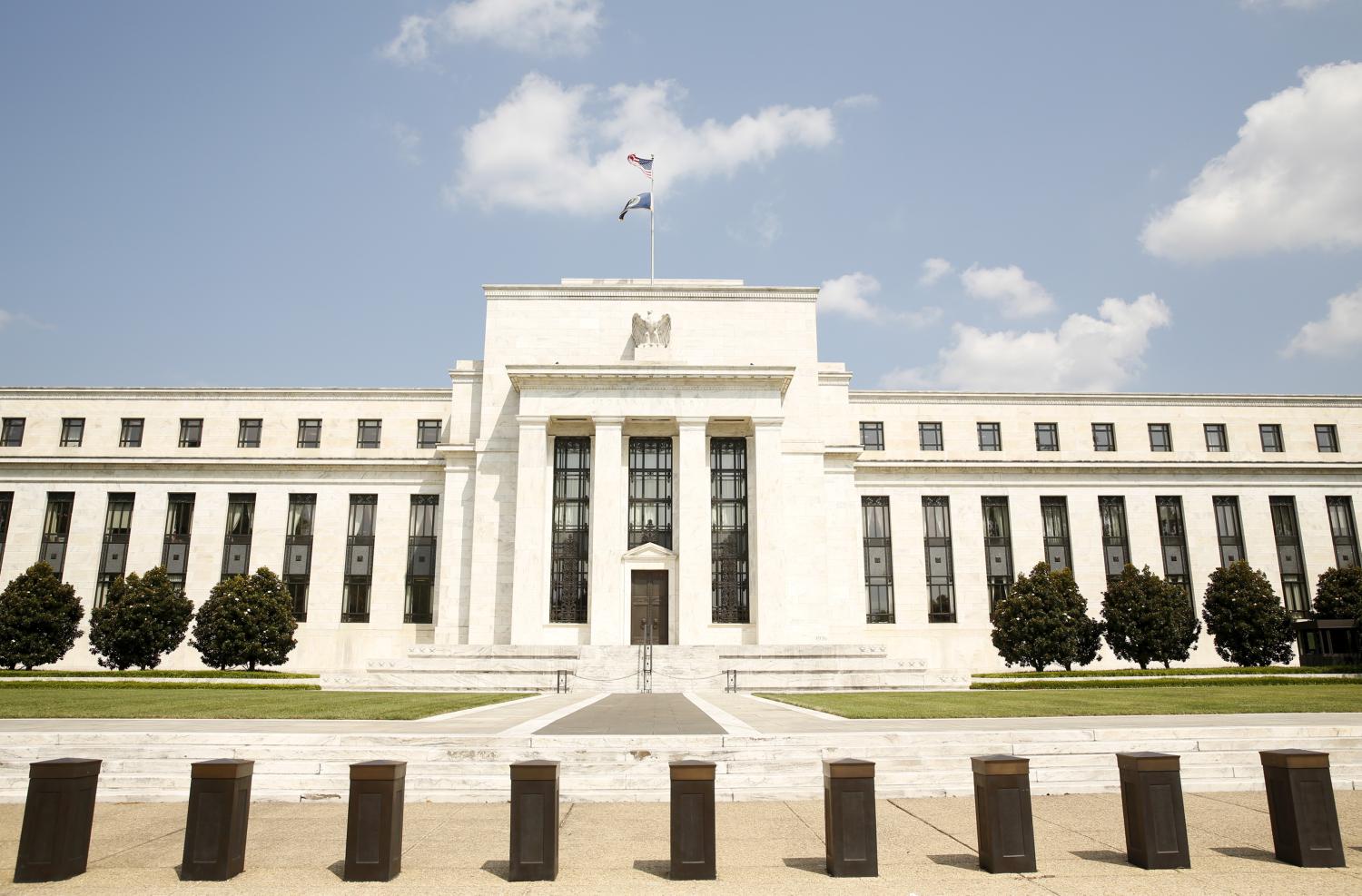Viral Acharya, the C.V. Starr Professor of Economics at NYU’s Stern School of Business, thinks that central banks should be able to manage financial crises without being subject to the short-term whims of politics. But they should also be democratically accountable. In this paper prepared for a March 2, 2015 conference at Brookings’ Hutchins Center on Fiscal and Monetary Policy, Acharya offers four solutions to help strike this balance:
- Rules: Acharya suggests that Congress create rules that constrain how the Fed can respond in a crisis. For example, Congress could require that the Fed only provide emergency liquidity to institutions meeting a minimum solvency standard. In addition to letting people know what to expect in a crisis, this could help shield the central bank from political criticism afterwards.
- Broader Scope for Regulation: Acharya argues that Congress should let the Fed regulate growth and leverage in shadow banks, institutions normally beyond the Fed’s jurisdiction. Otherwise, financial institutions could escape regulation by simply calling themselves something other than banks. To avoid this “regulatory arbitrage,” Acharya suggests regulating “by function rather than form.”
- Financial Stability Mandate: Acharya thinks that Congress should give the Fed an explicit financial stability mandate. In a booming economy, Fed regulations limiting financial excesses could be politically unpopular. (How many politicians would support higher bank capital requirements that lead to some voters being denied a mortgage?). An explicit financial stability mandate could help the central bank justify actions taken to curtail excessive risk taking on Wall Street in good times. In addition, because there are limits to what regulation can achieve, Acharya believes that the Fed should consider using interest rates as a tool to promote financial stability.
- Sharing Responsibility: Acharya argues that regulators other than the Fed should also play a role in crisis management and prevention. Such power sharing would make it difficult for politicians and regulated institutions to “influence the entire regulatory apparatus” by influencing “just one regulatory agency.”
Acharya believes that Congress has made significant progress in each of these four areas, especially in the financial reform law Dodd-Frank. But he argues there is still substantial room for improvement.
The Brookings Institution is committed to quality, independence, and impact.
We are supported by a diverse array of funders. In line with our values and policies, each Brookings publication represents the sole views of its author(s).





